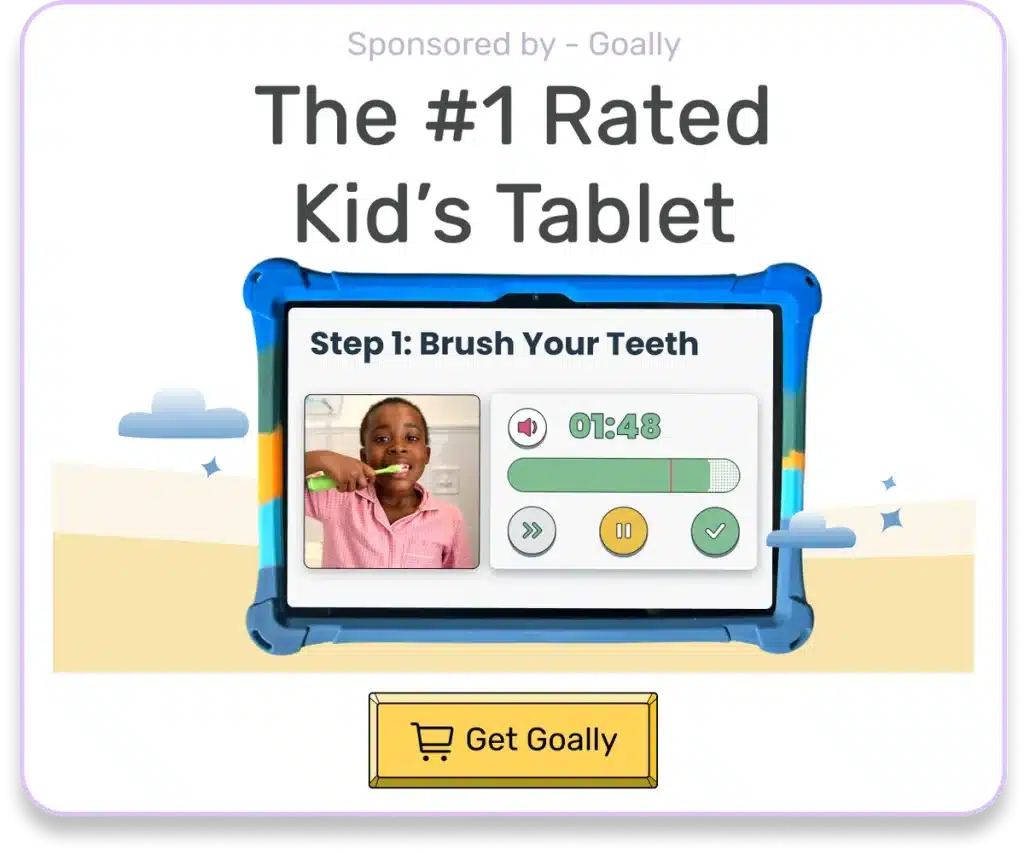You might find yourself pondering if your child has ADHD or if they’re just hyper. It’s a common question when your little one seems to possess endless energy. In this blog post, we’ll help you identify the signs and symptoms of ADHD, distinguish it from typical hyperactivity, and offer guidance on when to seek professional help. So let’s get started and delve into the world of neurodivergent kids and their unique challenges.
Table of Contents
Grasping ADHD: The Fundamentals
Attention Deficit Hyperactivity Disorder (ADHD) is a neurodevelopmental disorder affecting millions of children worldwide. It’s characterized by three primary symptoms:
- Inattention
- Hyperactivity
- Impulsivity
While all kids can be inattentive, hyperactive, or impulsive at times, those with ADHD experience these symptoms more frequently and severely. Consequently, they may face difficulties in various aspects of their lives, including school, social interactions, and family life.
ADHD vs. Typical Hyperactivity: Spotting the Differences
So how can you tell if your child’s hyperactivity is a sign of ADHD or just a normal part of growing up? Here are some key differences to consider:
Duration and Consistency
Kids with ADHD exhibit symptoms consistently over an extended period (at least six months). In contrast, typically developing children may go through phases of increased energy that eventually subside. To better understand this difference, let’s look at a comparison table:
| ADHD | Typical Hyperactivity |
|---|---|
| Symptoms persist for at least six months | Phases of increased energy that subside over time |
| Consistent symptoms across various settings | Occasional bursts of energy in specific situations |
Intensity and Disruption

Read more: How to Calm Down a Hyper Child
The hyperactivity in children with ADHD is often more intense and disruptive than that of their peers. They may struggle to sit still, frequently interrupt others, and have difficulty waiting their turn in games or conversations. On the other hand, typically hyperactive kids might display these behaviors less frequently and with less intensity.
Impact on Daily Life
While all children can have trouble focusing or sitting still from time to time, kids with ADHD face significant challenges in multiple areas of their lives. Their symptoms may lead to academic struggles, strained relationships with family and friends, and low self-esteem. In contrast, typically hyperactive children may not experience such a profound impact on their daily lives.
When to Seek Professional Help
If you’re still asking yourself, “Does my child have ADHD or just hyper?”, it might be time to consult a professional. Here are some signs that it’s time to seek help:
- Your child’s symptoms have persisted for at least six months and are causing significant disruption in their daily life.
- Attempts to manage your child’s behavior through consistent routines, clear expectations, and positive reinforcement have not been successful.
- Your child is struggling academically or socially due to their symptoms.
A thorough evaluation by a qualified professional, such as a pediatrician, psychologist, or psychiatrist, can help determine if your child has ADHD or if their hyperactivity is due to other factors. Early intervention is crucial for kids with ADHD, as it can help them develop coping strategies and improve their overall quality of life.
Supporting Your Neurodivergent Child
Whether your child has ADHD or is simply a high-energy kid, it’s essential to provide them with the support they need to thrive. Here are some strategies that can help:
Establish Routines
Consistent routines can provide structure and predictability for kids with thinking and learning differences. Establish daily routines for waking up, mealtimes, homework, and bedtime to help your child feel more secure and in control. By doing so, you’ll create an environment that fosters growth and development.

Read more: What Are Noticeable Signs of ADHD?
Encourage Physical Activity
Regular physical activity can help burn off excess energy and improve focus for all children, including those with ADHD. Encourage your child to participate in sports, dance, or other physical activities they enjoy. Not only will this help manage their energy levels, but it will also promote a healthy lifestyle.
Teach Coping Strategies
Help your child develop strategies for managing their symptoms, such as deep breathing exercises, mindfulness techniques, or using a fidget toy to channel excess energy. By teaching them these coping mechanisms, you’ll empower them to take control of their symptoms and navigate daily challenges more effectively.
Stay Positive and Patient
Parenting a neurodivergent child can be challenging, but maintaining a positive and patient attitude can make a world of difference. Celebrate your child’s successes, provide encouragement during difficult times, and remember that every child is unique and develops at their own pace. Your support and understanding will go a long way in helping your child succeed.
Try Goally For Your Child With ADHD
Goally helps kids with ADHD stay focused and build skills. Unlike a Kindle or an iPad that kids get easily distracted on, Goally has no YouTube, no social media, no web browser, and especially no ads.
Goally uses game play as a points-based motivator for your kiddo with ADHD and helps them learn emotional regulation skills. It’s simple to set up and has an expert-informed design.

Final Thoughts: Embracing Your Child’s Unique Journey
As you navigate the question, “Does my child have ADHD or just hyper?”, remember that every child is different, and there is no one-size-fits-all answer. By understanding the signs of ADHD, seeking professional help when needed, and providing consistent support, you can help your neurodivergent child flourish and embrace their unique journey.
This post was originally published on 05/07/2023. It was updated on 08/14/2023.

Goally
We help parents teach their kids life skills, like doing bedtime and morning independently. Backed by science, we incorporate evidence-based practices and expert-informed designs in all of our apps and content.






